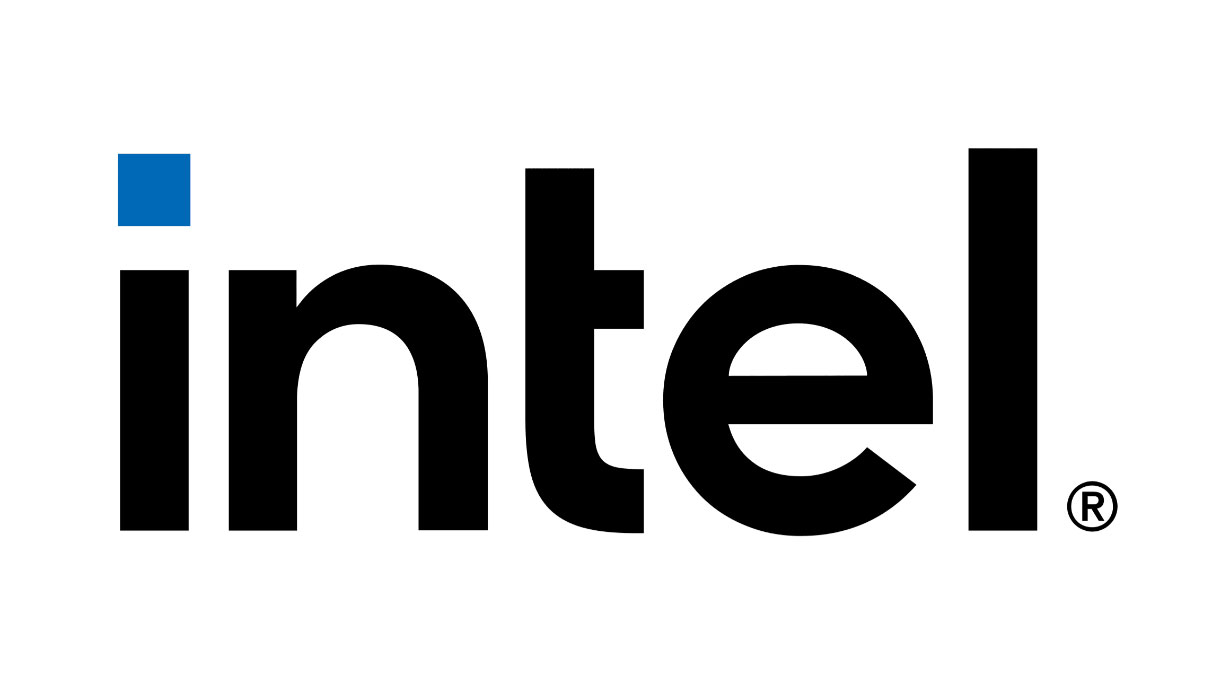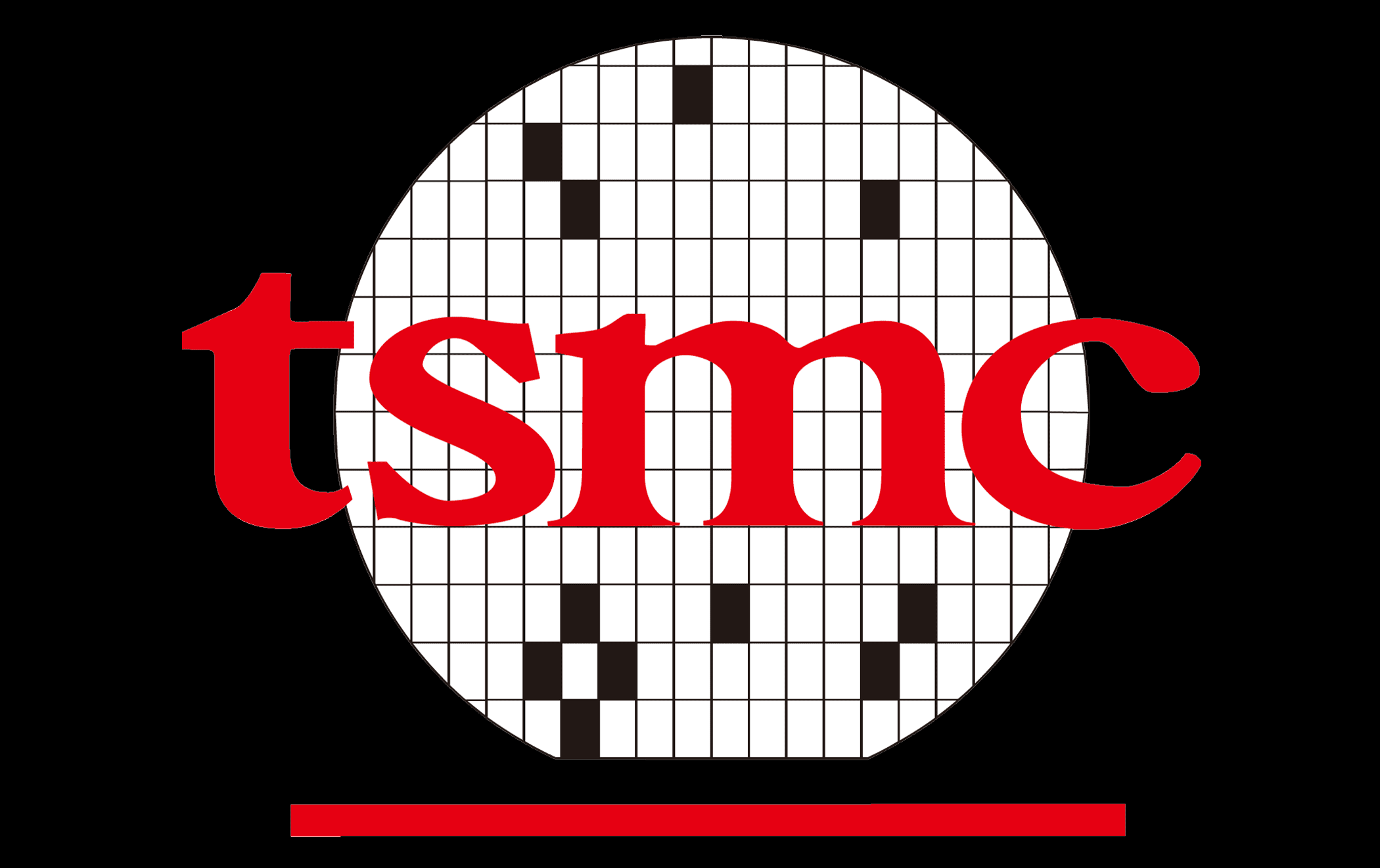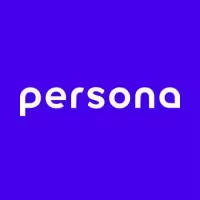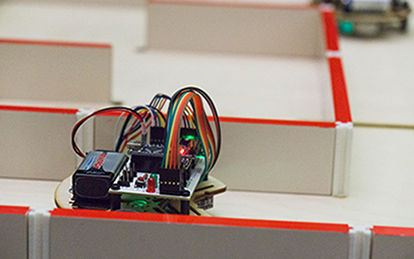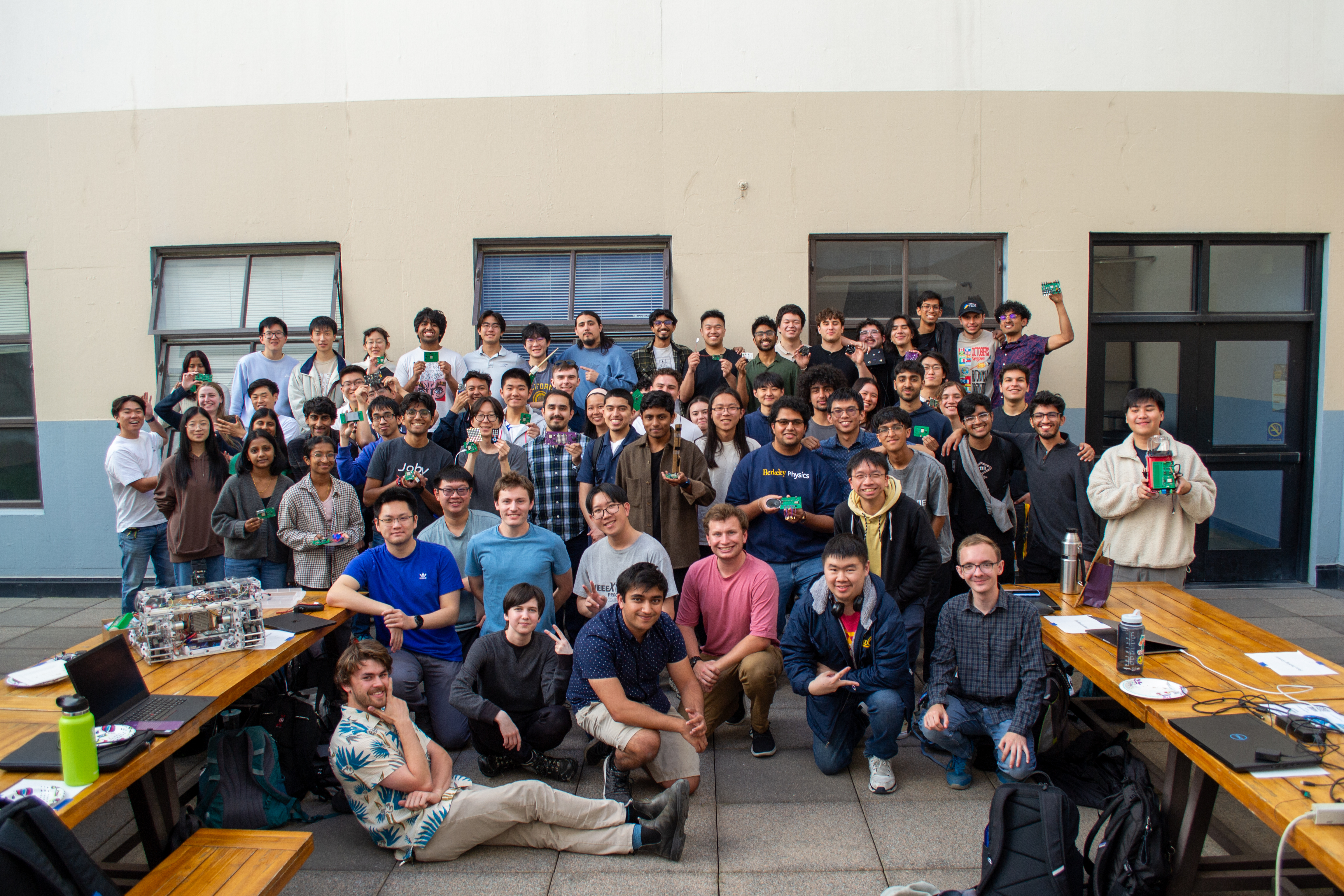
UC BERKELEY IEEE
ADVANCING TECHNOLOGY FOR HUMANITY

About
The IEEE Student Branch at UC Berkeley, established in 1912, is one of the most active engineering student organizations on campus. Our members include undergraduate and graduate students from diverse fields including electrical engineering, computer science, mechanical engineering, bioengineering, and more.
The Institute of Electrical and Electronics Engineers is the world's largest technical and professional organization dedicated to advancing technology for humanity. We aim to promote professional development, encourage academic growth, and organize social activities within the greater engineering community at Berkeley.
What Do We Do?
- Host company "info-sessions" and recruitment fairs
- Organize workshops, events, and socials for members
- Participate in IEEE competitions and hackathons
- Teach four technical student run DeCal courses (HOPE, APE, Micromouse, 151 Tapeout)

Join our community
Slack Discord
Berkeley IEEE Slack + Discord Server
Jobs and opportunities,
Company infosessions,
Social event,
Course advice,
Community outreach,
and more!
Members' Slack: IEEE-specific jobs and opportunities, Course advice, and more!
General Member Sign up Form Join a Committee Join a Project

STUDENT LEADERS
The UC Berkeley IEEE student branch was established in 1912 and has been one of the most active engineering student organizations on campus ever since. We aim to promote professional development, encourage academic growth, and organize social activities within the greater engineering community. We host various events to encourage professional development within the EECS and greater engineering community at Berkeley, ranging from company info-sessions, to research mixers, and to becoming a part of the greater IEEE international community. Every semester, we host an exclusive startup-focused career fair in collaboration with CSUA and HKN, creating a comprehensive resume book distributed to all participating industry representatives.
MEMBER OPPORTUNITIES
IEEE members gain access to exclusive opportunities including subsidized conference travel and participation in national IEEE competitions. These exclusive opportunities include access to prestigious IEEE national conferences such as the IEEE International Conference on Circuits and Systems (ICCS) and the IEEE International Solid-State Circuits Conference (ISSCC), providing valuable networking and learning experiences. Members can also compete in the IEEE Micromouse Competition, showcasing their robotics skills, or test their coding abilities in the IEEEXtreme 24-Hour Programming Competition.
BUILD A COMMUNITY
IEEE also hosts social events aimed at connecting the engineering community within Berkeley, these include making fresh pizza in the Cory courtyard, board game nights, dinners, a ski retreat, top golf and much more. We're students, just like you! Come out and have fun with us; did we mention that many of the events are subsidized?
DECALS and 151 Tapeout
Check Out Our Technical Courses
HOPE
Hands-On PCB Engineering is an introductory course to printed circuit board (PCB) design - an essential skill for any EE-related project. It is intended for students with some experience with circuits who are interested in learning about and gaining or improving PCB design and assembly skills, and perfect for students interested in hardware projects or engineering student organizations.
Prerequisites: EECS 16A and 16B
Micromouse
The Berkeley IEEE Student Branch's Micromouse DeCal is an immersive robotics course that empowers undergraduates to build autonomous, maze-solving robots from scratch. Teams of 2-5 students learn Arduino programming, autonomous navigation, sensor integration, PID control, and basic electrical engineering through hands-on labs and project milestones. With no prior experience required, participants develop technical skills while preparing for an in-class competition and potentially qualifying for regional IEEE robotics events.
Prerequisites: None
APE
This advanced PCB Engineering course builds upon HOPE, targeting students with previous PCB design experience and circuit design fundamentals. The course delves into complex topics like high-speed digital design, RF considerations, and power electronics, preparing students to develop sophisticated PCBs for class projects, research, and engineering team initiatives.
Prerequisites: HOPE or EECS upper division class with circuits component
EECS151 Tapeout
This project-based course builds on EECS 151, diving into advanced System-on-Chip (SoC) design using Chisel and Chipyard. Students who previously designed a CPU core will integrate it into a full-scale SoC, gaining hands-on experience in parametrizable computer architecture. The course culminates in taping out a class SoC using the open-source Skywater 130nm process, providing practical, end-to-end semiconductor design experience.
Prerequisites: EECS 151 + ASIC Lab




